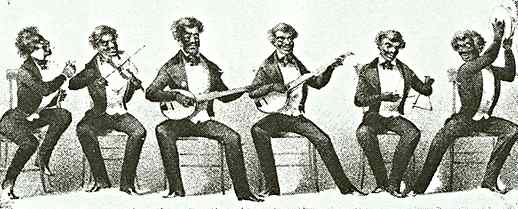Spiros at Philosophers Anonymous tells a funny story worth sharing in its entirety:
I was sitting in a bus station earlier this week, and the people sitting next to me were embroiled in a heated discussion. Eventually, one of the discussants turned to me and asked me to weigh in on the topic in dispute. As it turns out, not unlike that old story where William James settles a campground debate about a squirrel, the disputants were talking past each other and needed to draw a distinction, in this case, between de dicto and de re. So I introduced the distinction and explained how it was at work in the apparent disagreement. This seemed to satisfy the arguing parties, who quickly went on to discuss something else.
But a little later, one of the men turned to me again and told me that the distinction I drew was helpful, and asked what line of work I’m in. I replied that I’m a philosopher. The guy reacted with surprise, and then asked, “So… can you read minds?” I replied, “Not in the way you’re thinking of.” The guy replied, “So you CAN read minds!”
Spiros, 0; Guy Waiting for a Bus, 1
To be honest, my few forays into public philosophy of this type usually end in disaster.





